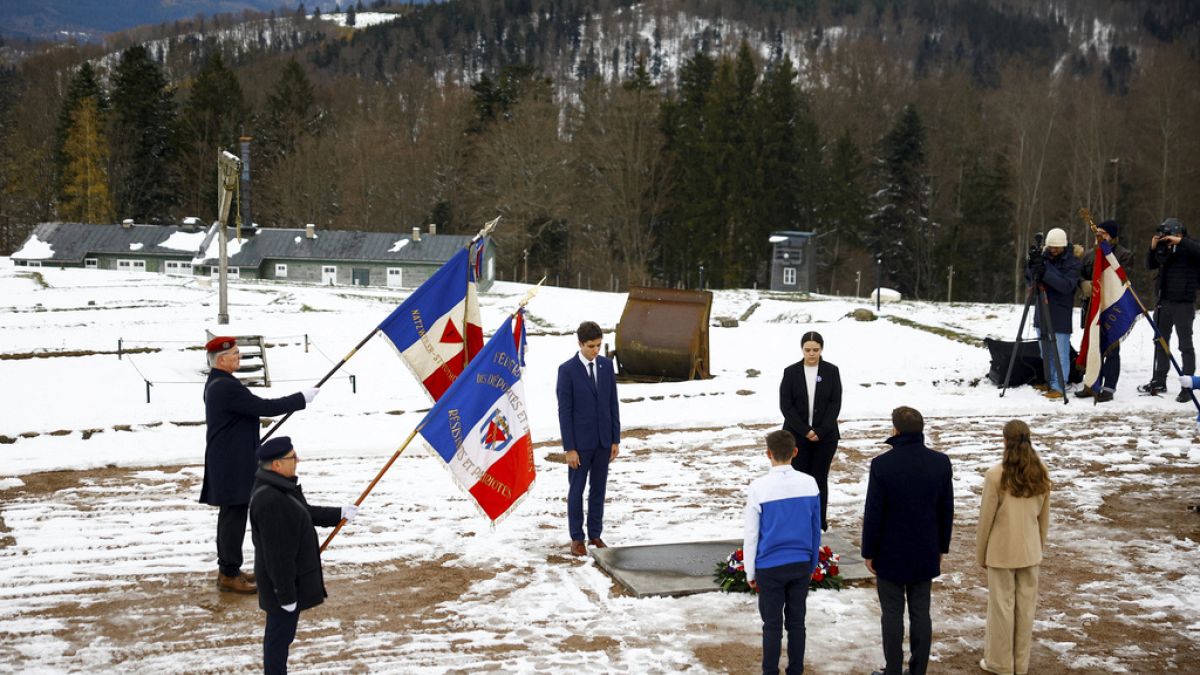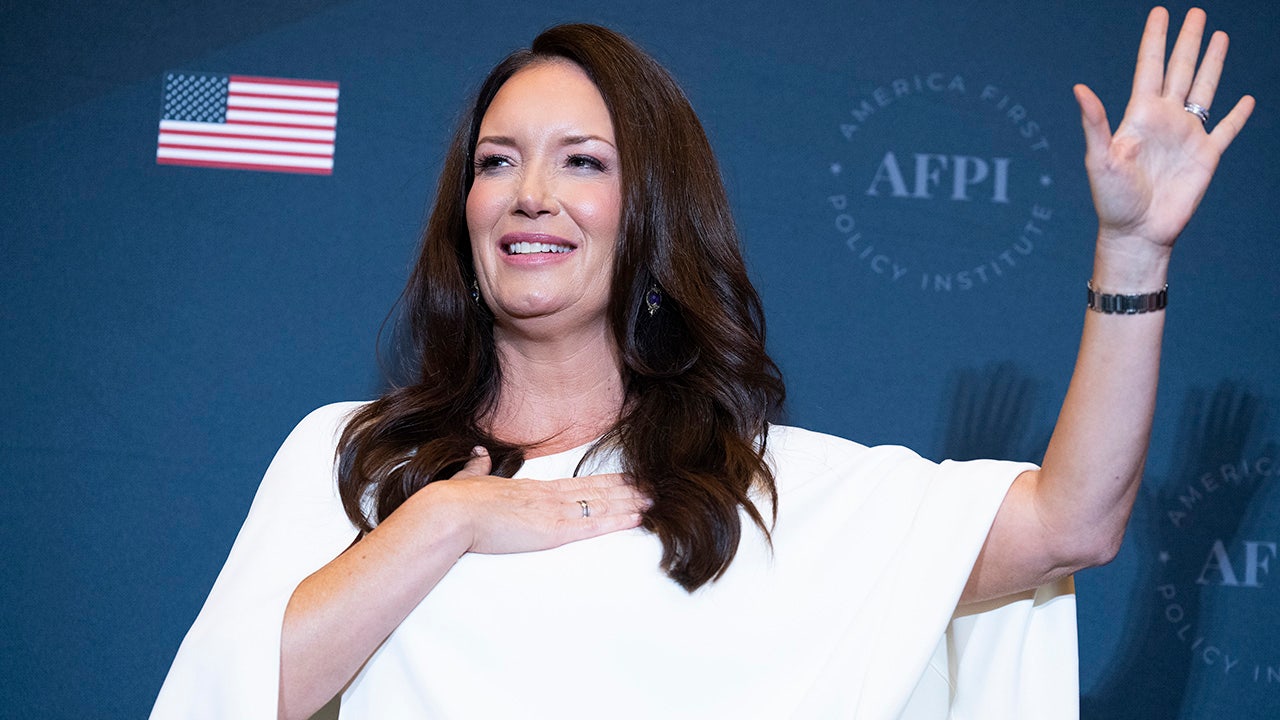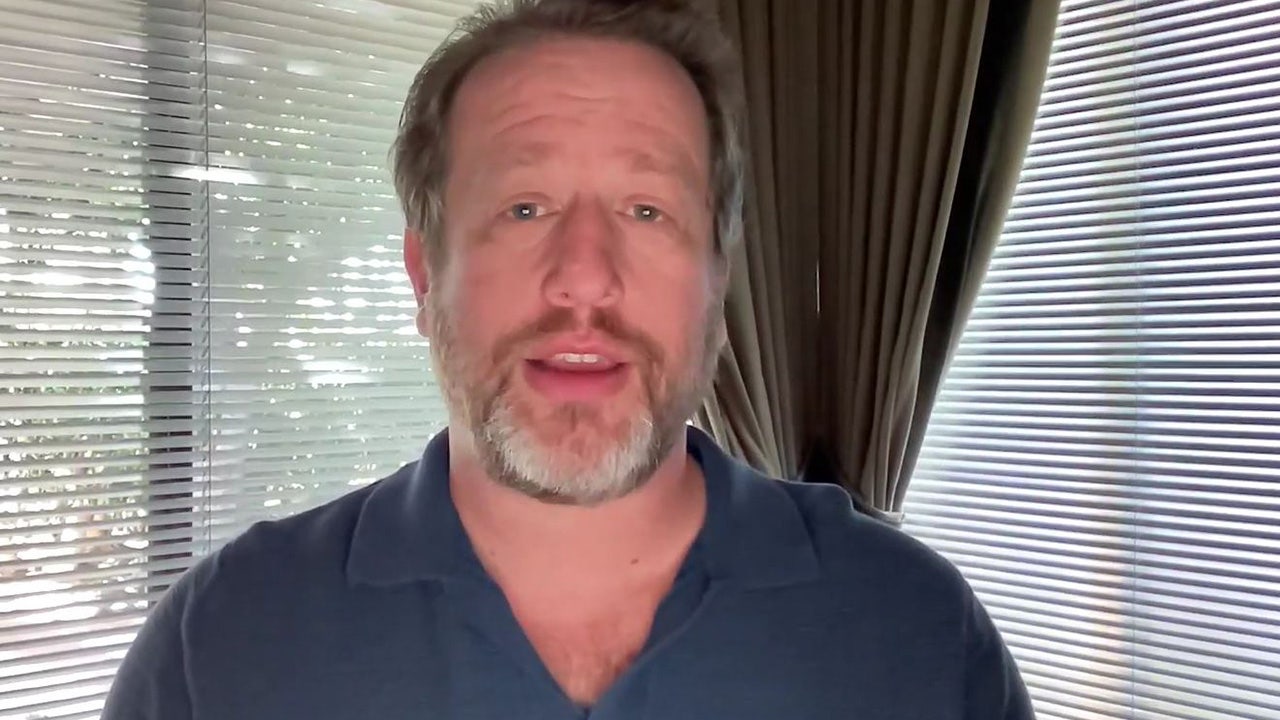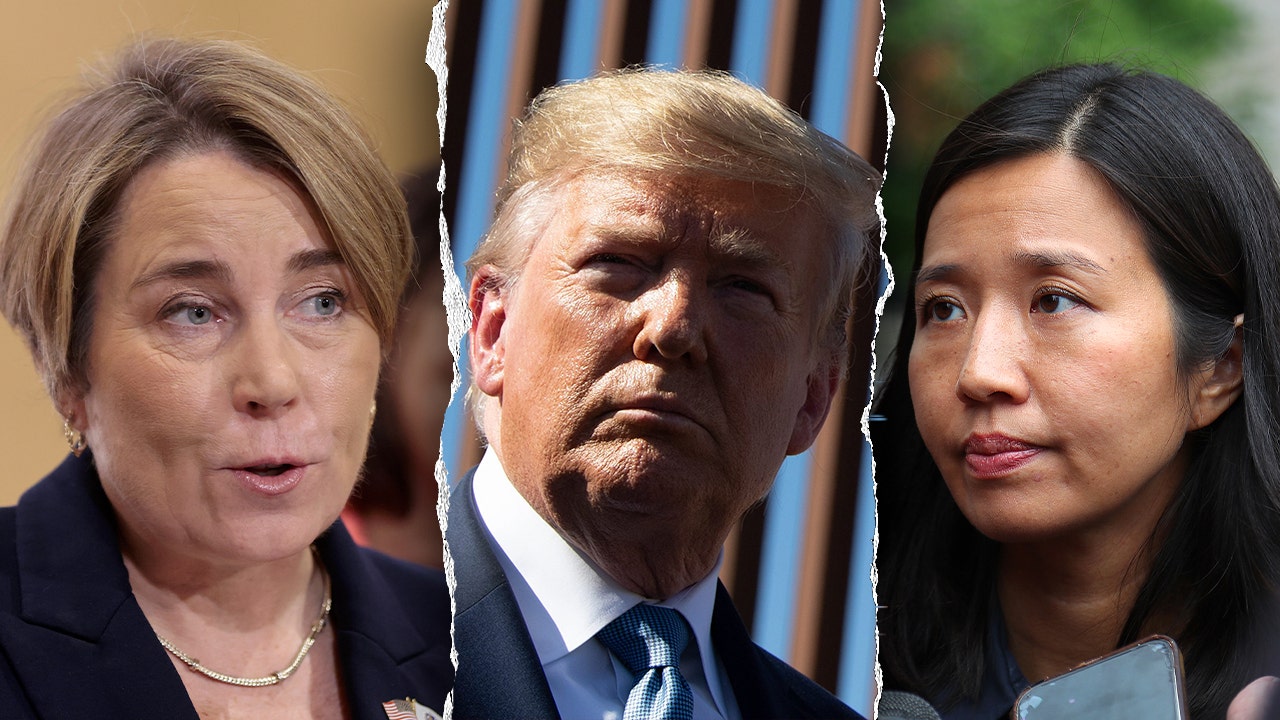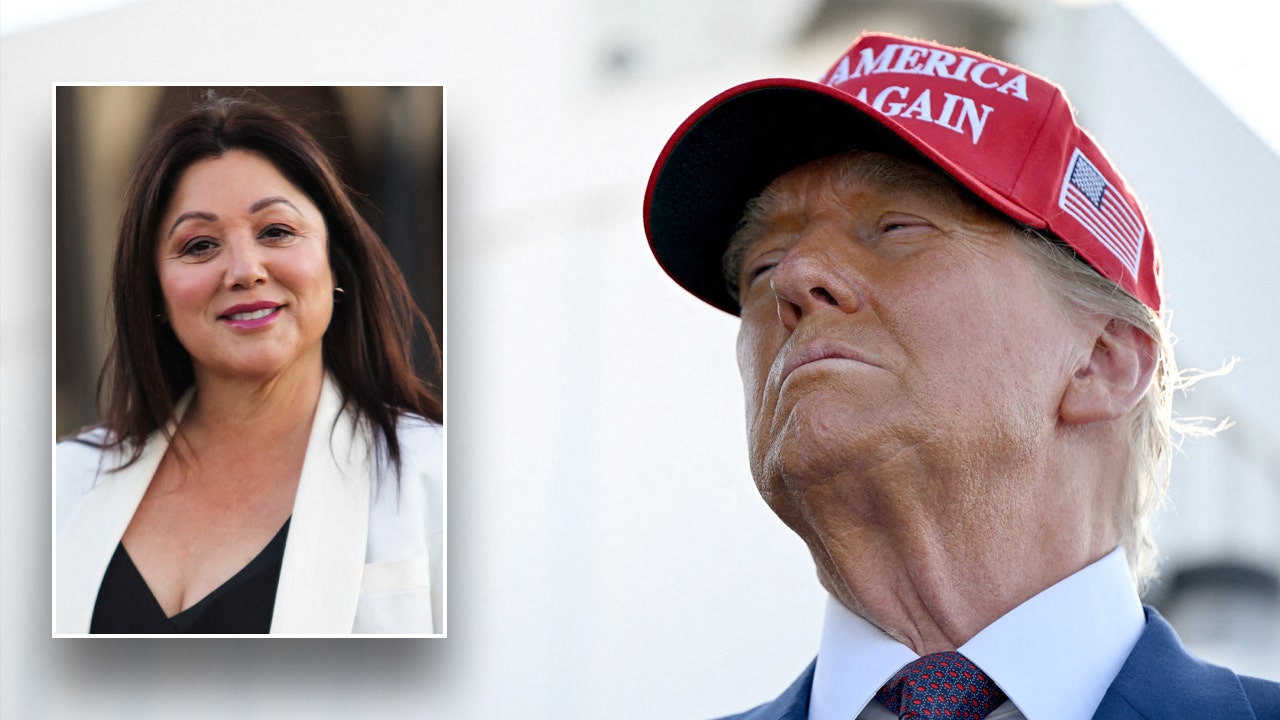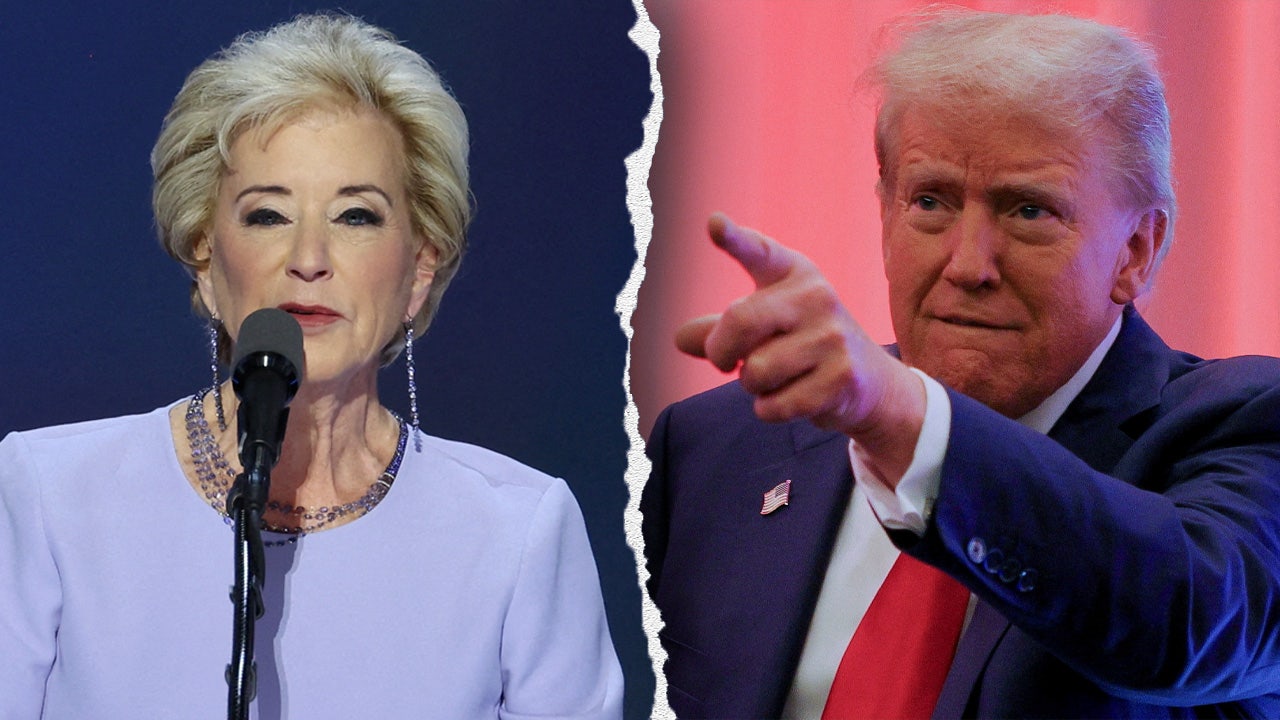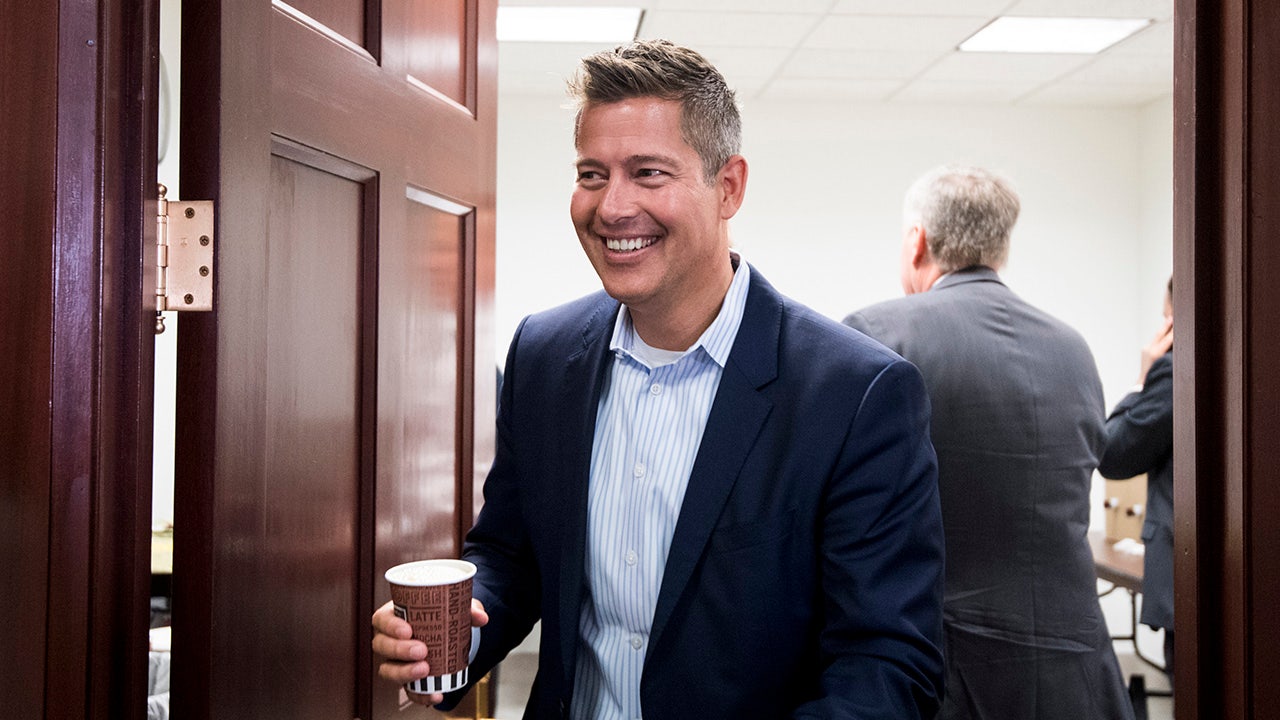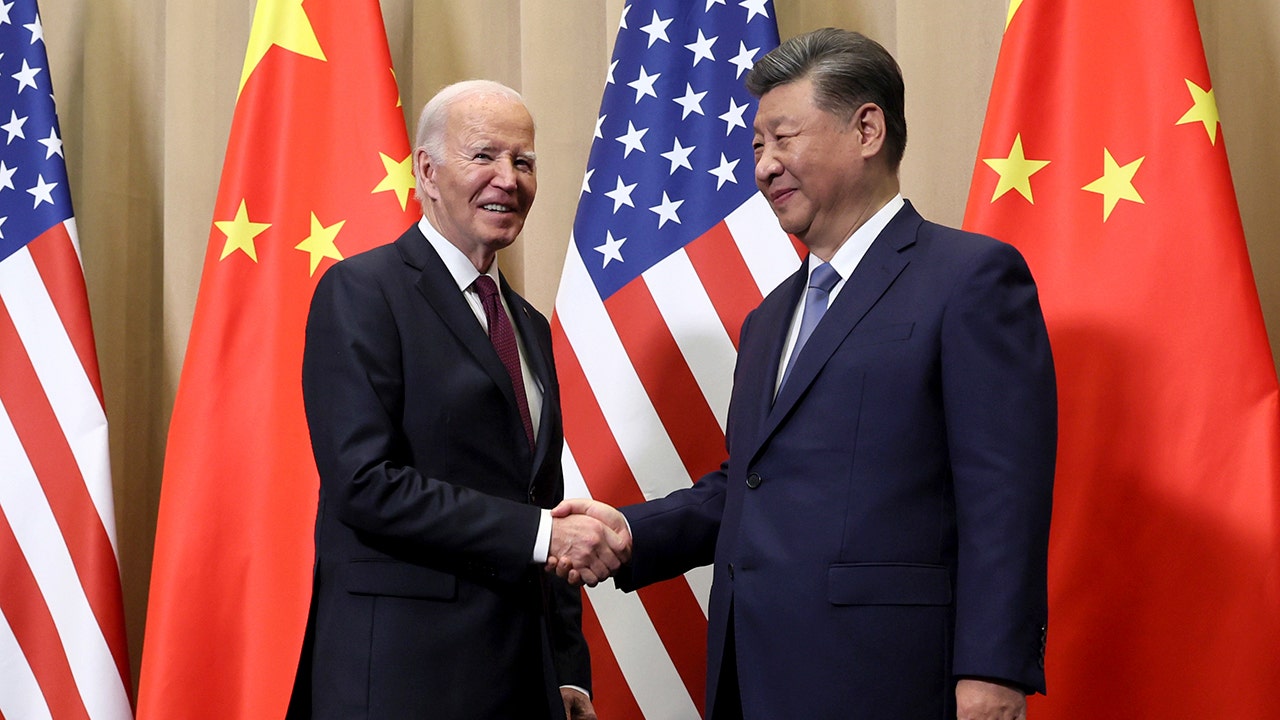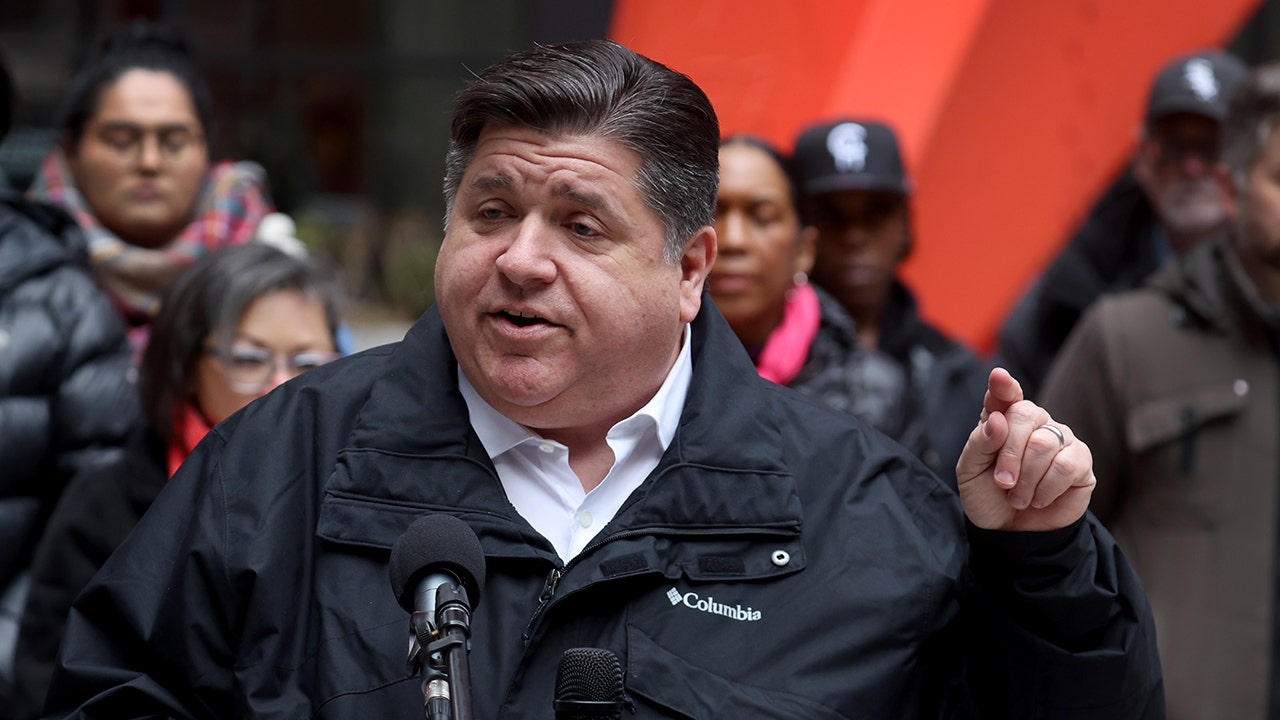A federal judge in Washington, DC, has released the most comprehensive narrative to date of the 2020 election conspiracy case against Donald Trump, outlining what special counsel Jack Smith describes as the former president’s “private criminal conduct.”
The 165-page document comes from Smith’s office and is the fullest accounting yet of evidence in the election subversion case against Trump.
Throughout the document, Smith argues that the actions Trump took to overturn the election were in his private capacity – as a candidate – rather than in his official capacity, as a president. That argument flows from the Supreme Court’s decision in July, which granted the former president sweeping immunity for official actions but left the door open for prosecutors to pursue Trump for unofficial steps he took.
”At its core, the defendant’s scheme was a private one,” prosecutors wrote in the motion. “He extensively used private actors and his campaign infrastructure to attempt to overturn the election results and operated in a private capacity as a candidate for office.”
The filing weaves together what prominent witnesses told a federal grand jury and the FBI about Trump, along with other never-before-disclosed evidence investigators gathered about the former president’s actions leading up to and on January 6, 2021.
Releasing the motion, which was previously filed under seal, is the latest major development in Smith’s longstanding effort to prosecute Trump for actions he took to overturn the 2020 election, even as the former president is seeking a second term in a tight race with Vice President Kamala Harris. The case, which has already reached the Supreme Court once, has repeatedly been delayed as Trump has attempted to push off the prosecution until after the next month’s election.
The document is broken into four sections. The first section lays out the case prosecutors said they would attempt to prove at trial, including a summary of evidence; the second section gives US District Judge Tanya Chutkan a roadmap for how to assess which actions are official – and therefore potentially covered by immunity – and which are not; the third section walks through how the principles should apply in Trump’s case; the fourth is a brief conclusion that asks Chutkan to rule that the actions described are not protected by immunity and that Trump “is subject to trial on the superseding indictment.”
Trump campaign spokesman Steven Cheung called Smith’s narrative “falsehood-ridden” and “unconstitutional” in a statement provided to CNN after the former president’s team had fought the unsealing of the document.
“Deranged Jack Smith and Washington DC Radical Democrats are hell-bent on weaponizing the Justice Department in an attempt to cling to power. President Trump is dominating, and the Radical Democrats throughout the Deep State are freaking out. This entire case is a partisan, Unconstitutional Witch Hunt that should be dismissed entirely, together with ALL of the remaining Democrat hoaxes,” Cheung said.
Prosecutors describe an effort by Trump operatives to “create chaos” in the immediate aftermath of the 2020 election when the voting looked to be going for Joe Biden.
In Philadelphia, prosecutors allege campaign operatives sought to create confrontations at polling places and then “falsely claim that his election observers were being denied proper access” as a predicate to claim fraud.
Prosecutors also raised the fracas at the Detroit Counting Center, pointing to evidence that a campaign staffer, upon learning a heavy incoming batch of votes leaned Biden, asked for “options to file litigation” even if (it) was “itbis[sic}.”
The same campaign operative said “make them riot” when told that protests at the counting center were heading in the direction of the so-called Brooks Brothers Riot that disrupted the 2000 Florida count between Al Gore and George W. Bush.
Even as they face a high bar for introducing evidence from former Vice President Mike Pence, Smith’s team sought to do so by framing a series of interactions between the two as conversations between “running mates,” where Pence tried to convince Trump he needed to accept his electoral defeat.
They include a November 7, 2020, conversation where Pence allegedly told Trump that he should focus on how he revived the Republican Party, as well as Pence’s recollection of a Trump meeting with campaign staff, during which Trump was told the prospects of his election challenges looked bleak.
At a November 12 lunch, Pence told Trump that he didn’t have to concede but he could “recognize process is over,” prosecutors said, and during a November 23 phone call, Trump allegedly told Pence that one of his private attorneys were skeptical about the election challenges.
As part of those private conversations, prosecutors say, Pence “tried to encourage” Trump “as a friend” after news networks called the election for Biden. In other interactions, Pence encouraged Trump to consider running for reelection in 2024. Those interactions, prosecutors argued, were not at all related to Trump’s official duties as president.
“The content of the conversations at issue – the defendant and Pence’s joint electoral fate and how to accept the election results – have no bearing on any function of the Executive Branch,” they wrote in the filing.
Prosecutors allege they have a witness who will testify that Trump told family members “it doesn’t matter if you won or lost the election. You still have to fight like hell.”
The witness, Smith’s team said in the filing, will testify that he was aboard Marine One when then-President Trump made the statement to his wife Melania Trump, his daughter Ivanka Trump, and his son-in-law Jared Kushner.
Prosecutors did not name the official in the filing, but they said he was the director of Oval Office operations. “He witnessed an unprompted comment that the defendant made to his family members in which the defendant suggested that he would fight to remain in power regardless of whether he had won the election,” prosecutors wrote.
At the time, Ivanka and Jared were White House employees, serving as advisers to the president; and Melania was first lady.
However, prosecutors claim that the conversation aboard Marine One was “plainly private” and had nothing to do with the Trump family’s official government responsibilities.
“The defendant made the comment to his family members, who campaigned on his behalf and served as private advisors (in addition to any official role they may have played),” prosecutors wrote.
Prosecutors say that Trump was told by advisers that the 2020 vote likely would not be finalized on Election Day and that he could misleadingly look ahead in the ballot count on election night only to fall behind once all of the ballots were counted. Nonetheless, Trump told his advisers that he would claim victory before the ballots were fully counted, prosecutors say.
One private political adviser, three days before Election Day 2020, described Trump’s plan as: “He’s going to declare victory. That doesn’t mean he’s the winner, he’s just going to say he’s the winner,” according to the filing.
That adviser, not identified by name by prosecutors, also described the Democratic lean of the mail ballot vote “a natural disadvantage” and said “Trump’s going to take advantage of it. That’s our strategy.”
Smith’s office stressed the private and political nature of Trump’s actions around the 2020 election.
“The executive branch,” prosecutors wrote, “has no authority or function to choose the next president.”
That argument appeared designed for federal appeals courts, including the Supreme Court, that have placed a heavy emphasis in recent years on the historical understanding of the separation of powers.
In other words, Smith is arguing that Trump’s effort to overturn the election was necessarily private because the Constitution gives a president no official authority for choosing his successor.
“The defendant’s charged conduct directly contravenes these foundational principles,” the motion reads. “He sought to encroach on powers specifically assigned by the Constitution to other branches, to advance his own self-interest and perpetuate himself in power, contrary to the will of the people.”
Prosecutors focus in particular in the filing on what Trump learned from a White House staffer referred to in the filings as “P9,” as they try to show that Trump was well aware he had lost the election as he pressed on with the reversal schemes.
The person, identified only as “P9,” appears to have personally had discussions over the phone about the fake electors strategy with Trump, and had repeated text conversations with other people in the campaign about how the strategy was “crazy” or “illegal,” according to the filing.
When Trump told the staffer he would not pay the private lawyer spearheading his legal challenges unless the challenges were successful, the staffer told Trump that the private attorney would never be paid. That prompted a laugh and a “we’ll see” from Trump, the filings said. (The private attorney is identified by prosecutors as co-conspirator 1, who CNN has previously identified as Rudy Giuliani.)
In a follow up conversation, the White House official told Trump that Giuliani would not be able to prove his false claims in a court and Trump told the staffer, “The details don’t matter.”
The brief lays out several other interactions between the White House staffer and Trump in which Trump was told that the election fraud claims wouldn’t hold up in court.
In the filing released Wednesday, prosecutors identify witnesses they hope to call at a trial to testify against Trump – including election officials in battleground states and his White House deputy chief of staff.
The prosecutors say they also want to show a jury at trial Trump’s campaign speech on January 4, 2021, in Georgia, and his campaign speech on the Ellipse on January 6, 2021, just before the riot at the US Capitol.
And, they’d like to show the jury tweets that they say can prove Trump was driving the public campaign of fraud in the election, as he knew there was none that was widespread enough to overturn his loss. They argue those tweets weren’t part of Trump’s official work as president.
At trial, prosecutors say they would like to call the only other adviser to Trump who had access to his Twitter account to testify that Trump was sending tweets on January 6, 2021, that would put pressure on then-Vice President Mike Pence to stop the counting of the electoral votes at the Capitol. The person is described as White House deputy chief of staff.
“The Government will elicit from Person 45 at trial that he was the only person other than the defendant with the ability to post to the defendant’s Twitter account, that he sent tweets only at the defendant’s express direction, and that person 45 did not send certain specific Tweets” – specifically a tweet Trump sent that said Pence didn’t have the courage to block the certification of the vote.
That type of testimony would allow prosecutors to assert in court they have evidence of a moment like this:
“At 2:24 p.m., Trump was alone in his dining room,” prosecutors write in the filing, “when he issued a Tweet attacking Pence and fueling the ongoing riot: ‘Mike Pence didn’t have the courage to do what should have been done to protect our Country and our Constitution, giving States a chance to certify a corrected set of facts, not the fraudulent or inaccurate ones which they were asked to previously certify. USA demands the truth!’”
FBI experts have mapped out what Trump was doing on his phone while the US Capitol riot unfolded, Smith said.
An FBI Computer Analysis Response Team forensic examiner can testify about “the news and social media applications” on Trump’s phone, Smith wrote in the filing, “and can describe the activity occurring on the phone throughout the afternoon of January 6.”
Those logs show that Trump “was using his phone, and in particular, was using the Twitter application, consistently throughout the day after he returned from the Ellipse speech.”
Smith said that three unidentified witnesses are also prepared to testify that on the afternoon of January 6, the television in the White House dining room where Trump spent much of the day was “on and tuned into news programs that were covering in real time the ongoing events in the Capitol.”
That testimony would allow prosecutors to show a future jury what Trump saw unfolding on TV while he made comments and posted online that afternoon.
Smith is again using the Hatch Act – which limits the political activities of federal employees – to bolster their 2020 election subversion charges against former President Donald Trump.
Prosecutors said in a new filing that the Hatch Act allows White House staffers to “wear two hats,” separating out their official conduct to serve the public from their political conduct to help a candidate.
Therefore, even if some of Trump’s alleged wrongdoing occurred on White House grounds and in front of White House staff, he doesn’t have immunity because that fell under the “political” umbrella, Smith’s team wrote.
“When the defendant’s White House staff participated in political activity on his behalf as a candidate, they were not exercising their official authority or carrying out official responsibilities,” prosecutors wrote. “And when the President, acting as a candidate, engaged in Campaign-related activities with these officials or in their presence, he too was not engaging in official presidential conduct.”
Then-Attorney General Bill Barr decided in 2020 to publicly rebut Trump’s false claims that the election was rigged after watching Trump spread these lies on Fox News, prosecutors say.
“On November 29, [Barr] saw the defendant appear on the Maria Bartiromo Show and claim, among other false things, that the Justice Department was ‘missing in action’ and had ignored evidence of fraud,” prosecutors wrote.
They continued, “[Barr] decided it was time to speak publicly in contravention of the defendant’s false claims, set up a lunch with a reporter for the Associated Press, and made his statement.”
This was the December 1, 2020, statement in which Barr infamously said the Justice Department had looked into potential election irregularities but didn’t find any widespread fraud that could’ve tipped the results. This was a major move by Barr, a lifelong Republican who at the time was a staunch Trump ally.
Barr’s name is redacted in the filing, and he is referred to as “P52.” But P52 is described as the “attorney general,” and Barr was the attorney general at that time.
Barr resigned just before Christmas 2020.
This story has been updated with additional developments.
Read the full article here





